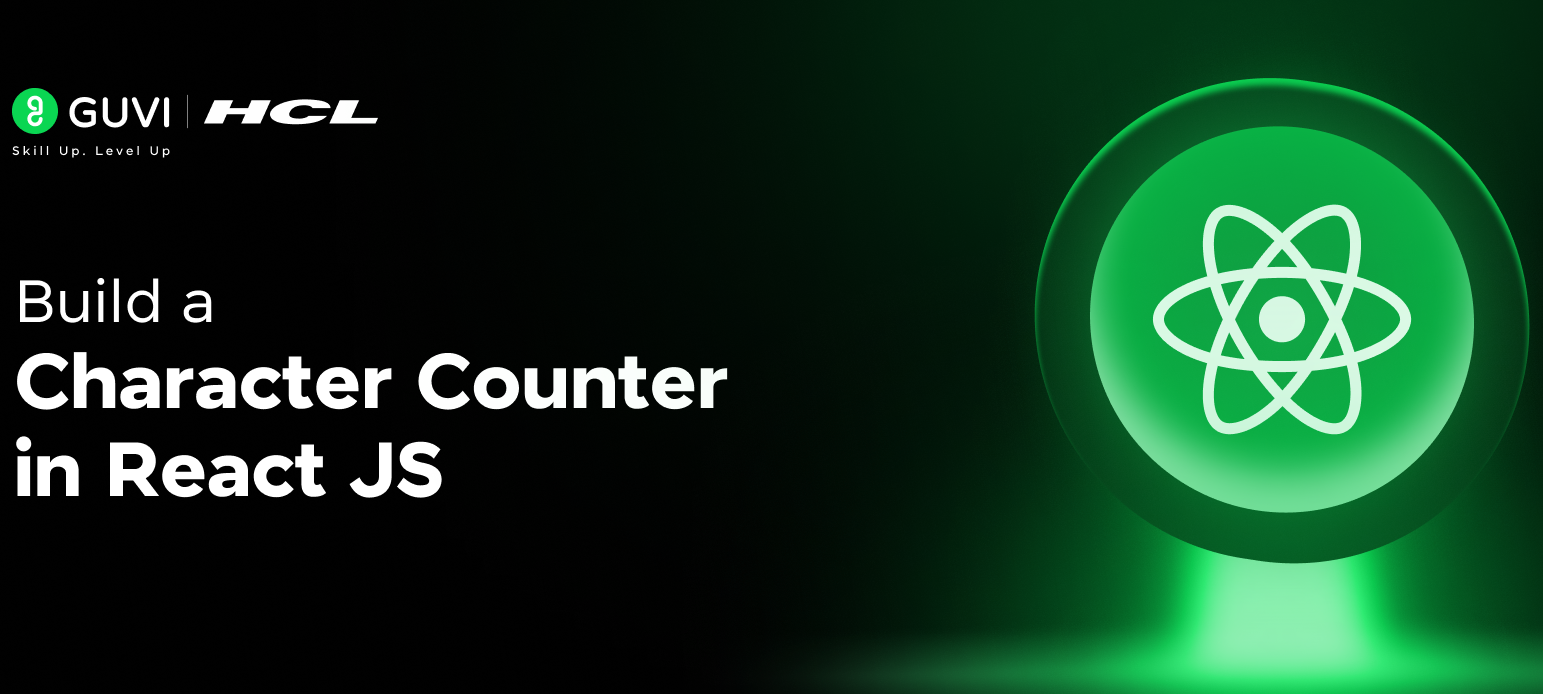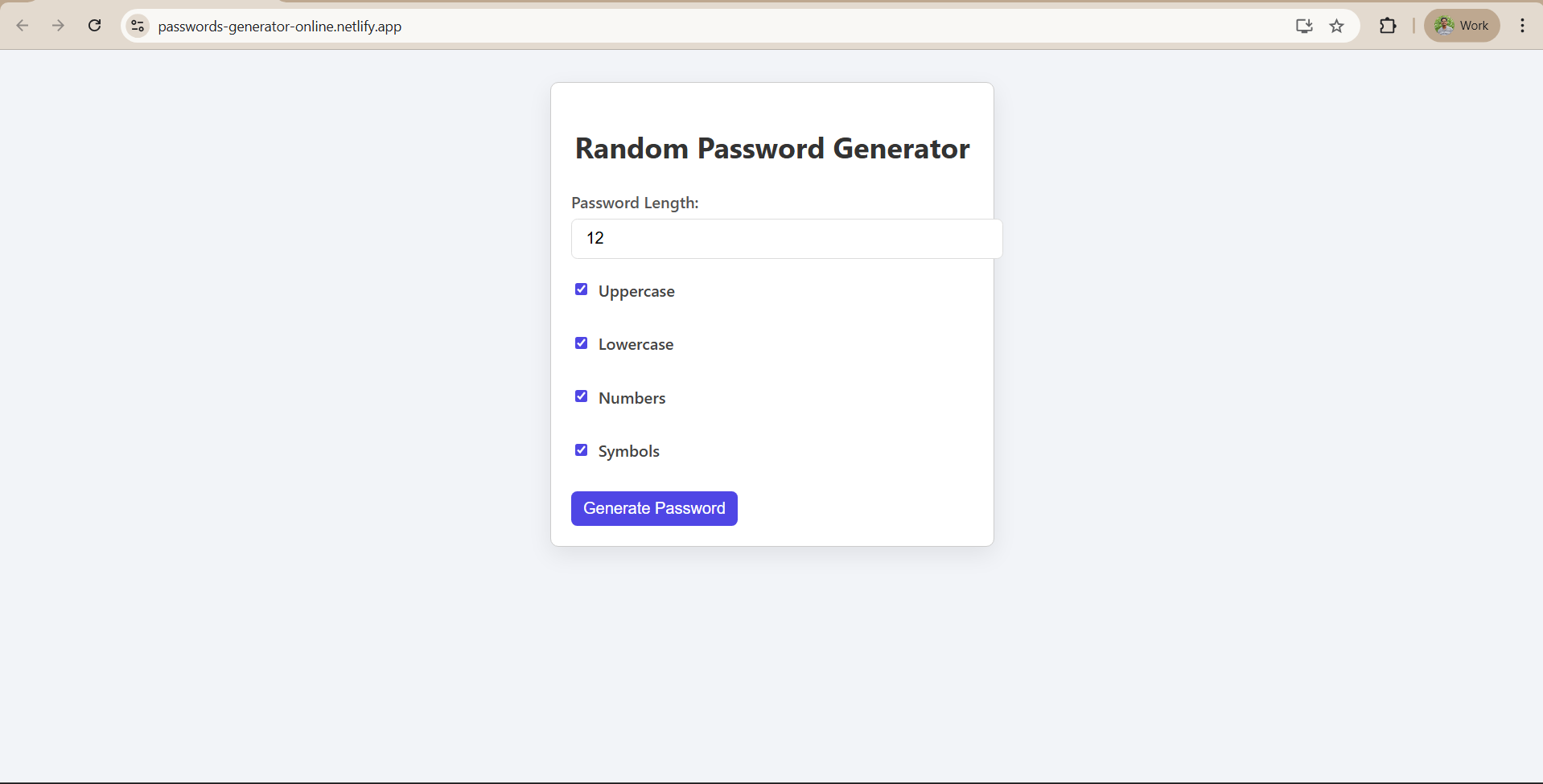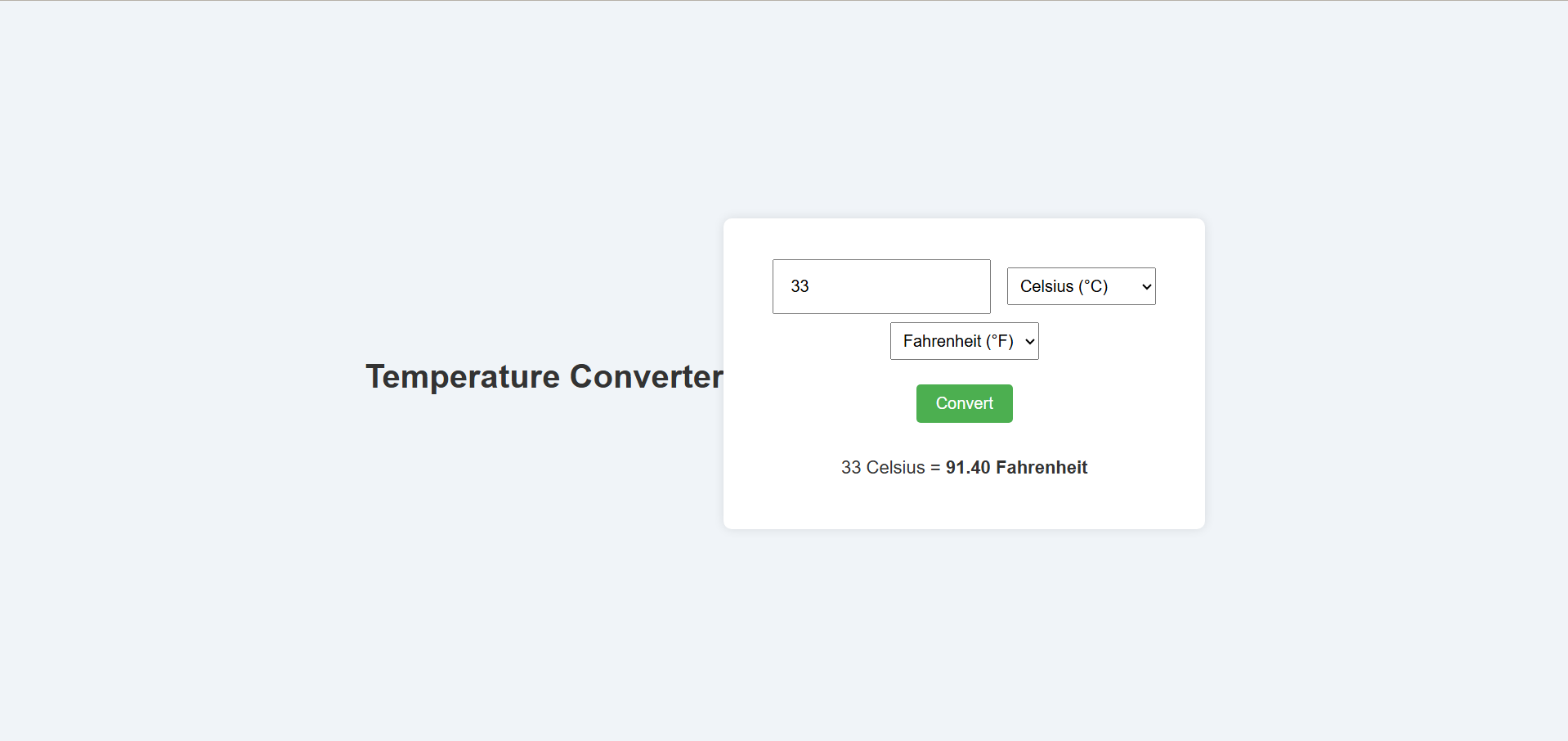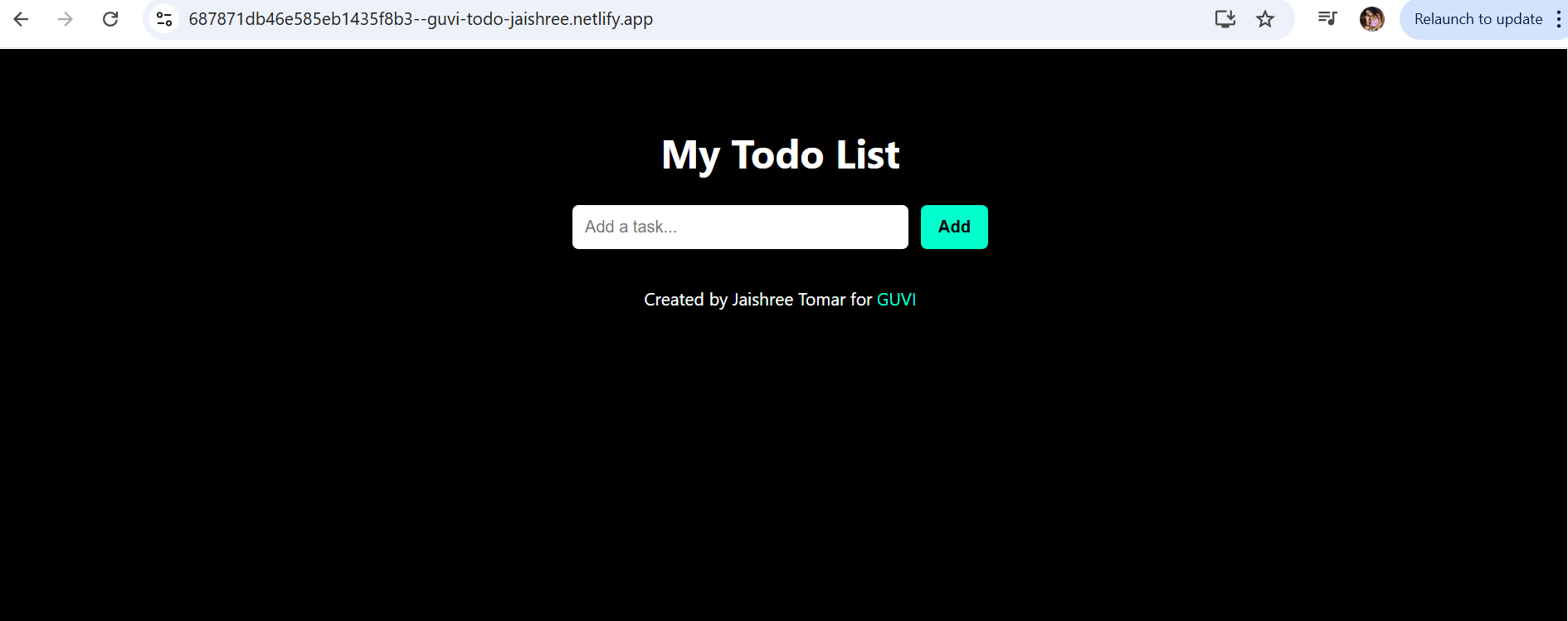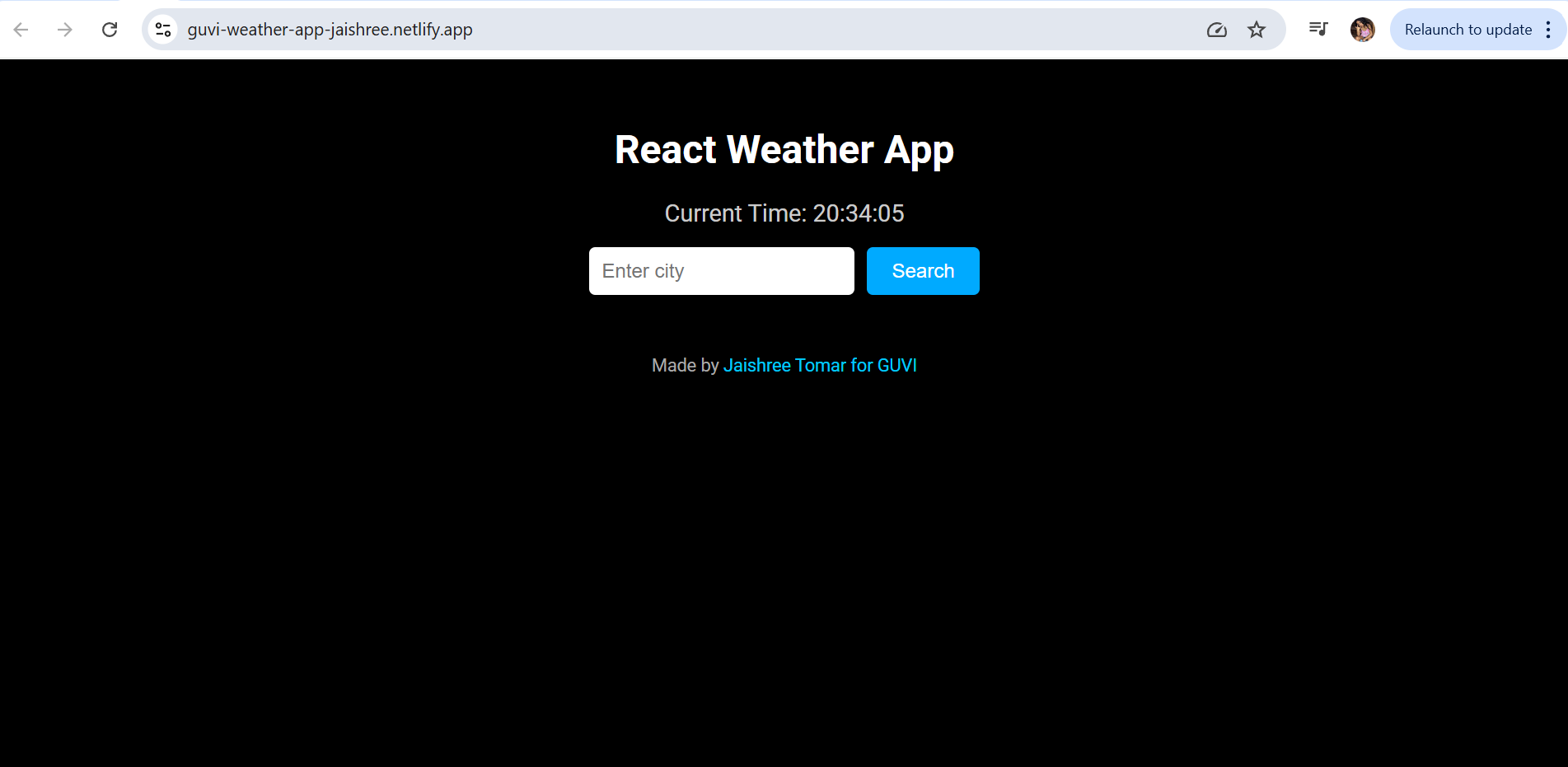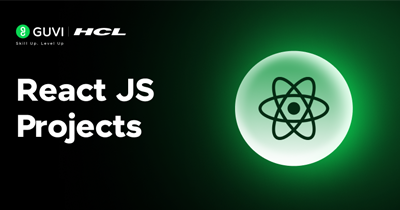Variable Types in cpp
In simple terms, a variable is a way to store information in a program. It's like a little container with a value, such as a number or text string. And in the world of C++, variables are essential for programming.
But why are they so important, you ask? Well, imagine trying to write a program without using any variables. You'd have to hard-code every single value you wanted to use, which would be a tedious and error-prone process. Variables make it easy to reuse values and manipulate data in a program, which is crucial for creating efficient and effective code.
So, get ready to strap on your programming goggles and dive into the world of C++ variable types. We'll explore everything from primitive data types to user-defined classes and maybe even uncover a few surprises. Let's go!
C++ Variable Types
C++ is a programming language that uses variables to store and manipulate data. In C++, there are three main categories of variable types: primitive data types, derived data types, and user-defined data types.
1. Primitive data types
Primitive data types are the most basic data types in C++. They include:
int : used to store whole numbers, both positive and negative.
Example:
int age = 25;float : used to store decimal numbers with single precision.
Example:
float price = 19.99;double : used to store decimal numbers with double precision.
Example:
double pi = 3.14159265359;char : used to store a single character or ASCII value.
Example:
char letter = 'A';bool : used to store true or false values.
Example:
bool isRaining = true;#include <iostream>
using namespace std;
int main() {
int num= 10;
float rate=2.3;
char ch = 'A';
cout << "num = " << num << endl;
cout << "rate = " << rate << endl;
cout << "ch = " << ch << endl;
return 0;
}2. Derived data types
Derived data types are created by combining primitive data types. They include:
Array : used to store multiple values of the same data type in a very contiguous block of memory.
Example:
int numbers[5] = {1, 2, 3, 4, 5};Pointer : used to store memory addresses of other variables.
Example:
int* pAge = &age;Reference : used to create a new name for an existing variable.
Example:
int& myAge = age;#include <iostream>
#include <string>
using namespace std;
int main() {
string name = "John Doe";
int arr[] = {1, 2, 3, 4, 5};
double pi = 3.14159;
cout << "name = " << name << endl;
cout << "arr[0] = " << arr[0] << endl;
cout << "pi = " << pi << endl;
return 0;
}3. User-defined data types
The programmer creates user-defined data types. They include:
Structures : used to group related data items of different data types.
Example:
struct Person { string name; int age; };Classes : used to define a new data type with its very own set of methods and properties.
Example:
class Circle { private: double radius; public: double getArea(); };Understanding the different types of variables in C++ is crucial in programming. Primitive data types are essentially the building blocks for all other types, derived data types allow for more complex data structures, and user-defined data types allow for even more customization and abstraction.
#include <iostream>
using namespace std;
struct Person {
string name;
int age;
string occupation;
};
int main() {
Person john;
john.name = "John Doe";
john.age = 30;
john.occupation = "Software Developer";
cout << "name = " << john.name << endl;
cout << "age = "<< john.age << endl;
cout << "occupation = "<< john.occupation << endl;
return 0;
}







